Home>Storage Ideas>Living Room Storage>How To Get Rid Of Ants From Your Home Using Natural Remedies
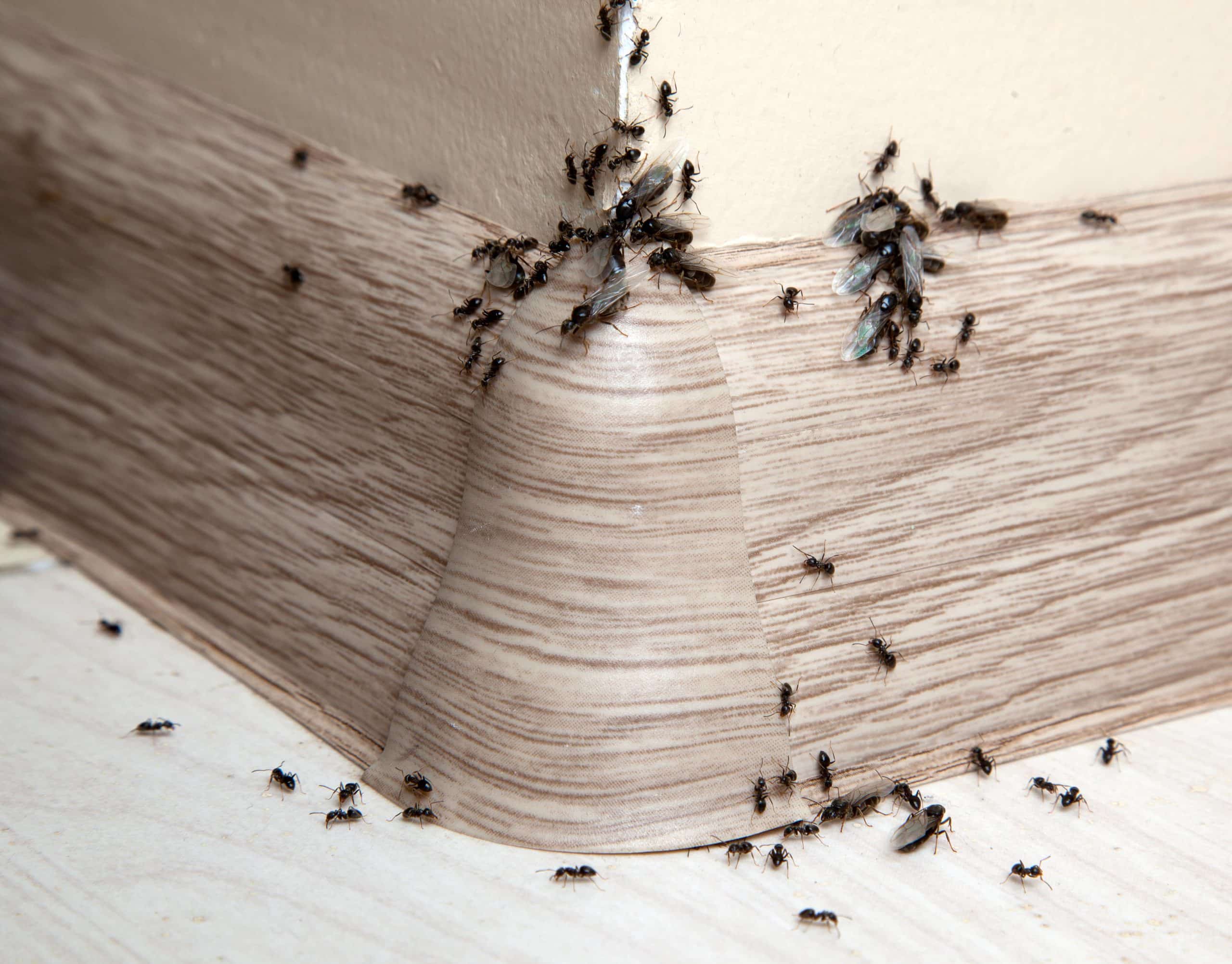

Living Room Storage
How To Get Rid Of Ants From Your Home Using Natural Remedies
Modified: December 7, 2023
Learn effective natural remedies to get rid of ants from your home, including your living room, with these easy tips. Say goodbye to ants without chemicals or harmful substances.
(Many of the links in this article redirect to a specific reviewed product. Your purchase of these products through affiliate links helps to generate commission for Storables.com, at no extra cost. Learn more)
Introduction
Ants are one of the most common household pests that can be quite a nuisance. They can invade your living room in search of food, water, or shelter, and once they establish a colony, getting rid of them can be a challenge. While there are chemical-based insecticides available in the market, many people prefer to use natural remedies to eliminate ants from their homes.
Using natural remedies not only helps in keeping your living room free from harmful chemicals but also provides a safer environment for your family and pets. In this article, we will explore some effective natural remedies that can help you get rid of ants from your home and keep them at bay.
Key Takeaways:
- Natural remedies like white vinegar, cinnamon, and essential oils offer a safer, eco-friendly, and cost-effective solution for eliminating ants from your living room, while promoting sustainable pest control practices.
- Understanding the behavior and preferences of common ant species, such as odorous house ants and carpenter ants, can help tailor natural remedies for effective ant removal and prevention in your living room.
Read more: How To Get Rid Of Ants In Your Grass
Understanding Ants
Before we delve into the various natural remedies to eliminate ants from your living room, it’s essential to have a basic understanding of these tiny insects. Ants are social insects that live in colonies and have a well-organized hierarchical structure. Each colony consists of a queen, male drones, and worker ants.
The worker ants, which are the most common ones you’ll encounter in your home, are responsible for gathering food, expanding the colony, and taking care of the larvae and the queen. They follow pheromone trails to communicate with each other and navigate their environment.
Ants are attracted to your living room mainly because they seek out food and water sources. They are particularly drawn to sugary substances, crumbs, and leftover food. Additionally, ants can enter your home through small cracks and openings in search of shelter.
Understanding the behavior and preferences of ants can help you develop effective strategies to eliminate them from your living room and prevent future infestations.
Identifying the Most Common Ant Species in Homes
Before you can effectively address an ant infestation in your living room, it’s essential to identify the species of ants you’re dealing with. Different ant species have different behaviors, preferences, and vulnerabilities, which can affect the choice of natural remedies for removal.
Here are some of the most common ant species that you might find in your home:
- Odorous House Ants: These small ants, also known as “sugar ants,” are attracted to sweet food and can emit a strong, rotten-coconut odor when crushed.
- Pavement Ants: These ants are typically dark brown or black and are known for creating small mounds of dirt on pavements or near foundations.
- Carpenter Ants: These larger ants are usually black or reddish-black and can cause significant damage to wooden structures as they build their nests.
- Argentine Ants: These ants are light to dark brown in color and typically form large colonies. They are attracted to sweet foods and can quickly become a nuisance in your living room.
- Pharaoh Ants: These tiny yellow or light brown ants are known for their ability to infest multiple rooms and are often difficult to eliminate without professional help.
Knowing which ant species you’re dealing with can help you customize your approach to eliminating them using natural remedies specifically targeted to their preferences and behaviors.
Why Choose Natural Remedies?
When it comes to getting rid of ants in your living room, you have the option of using chemical-based insecticides or natural remedies. While chemical insecticides may provide quick results, they often come with their own set of drawbacks. Here are some reasons why choosing natural remedies to eliminate ants is a preferable option:
- Safety: Natural remedies are generally safer to use, especially if you have children or pets in your home. Chemical insecticides contain toxic ingredients that can be harmful if ingested or inhaled. Natural remedies, on the other hand, are made from common household items and pose minimal risk to your health.
- Environmentally friendly: Chemical-based insecticides can have adverse effects on the environment. They can contaminate water sources, harm beneficial insects, and damage plants. Natural remedies, on the other hand, are less likely to have long-term effects on the environment.
- Cost-effective: Natural remedies are often more affordable than chemical insecticides. Many natural ingredients, such as vinegar, cinnamon, and lemon juice, are readily available in most households, saving you from spending money on expensive commercial products.
- Sustainability: Natural remedies promote sustainable pest control practices. By using items found in your pantry or garden, you can reduce your reliance on single-use plastic containers or chemical products.
- Multi-purpose: Natural remedies can serve multiple purposes. For example, vinegar can not only repel ants but also act as a cleaning agent. This versatility makes natural remedies a practical choice for maintaining a clean and ant-free living room.
While natural remedies may take a little longer to show results compared to chemical insecticides, they offer a safer, more eco-friendly, and cost-effective solution for eliminating ants from your living room.
Sprinkle cinnamon, black pepper, or paprika along entry points to deter ants. These natural remedies disrupt the ants’ scent trails and discourage them from entering your home.
Natural Remedies to Get Rid of Ants
If you’re dealing with an ant infestation in your living room, here are some effective natural remedies that can help you eliminate them:
- Using White Vinegar: Vinegar is a versatile household ingredient that can repel ants due to its strong smell. Mix equal parts of white vinegar and water in a spray bottle. Spray the solution along ant trails, entry points, and other areas where they are present.
- Sprinkling Cinnamon: Ants dislike the strong scent of cinnamon. Sprinkle cinnamon powder near areas where ants are frequently seen or at entry points to deter them from coming inside your living room.
- Lemon Juice Solution: The acidic nature of lemon juice is unpleasant for ants. Mix equal parts of lemon juice and water in a spray bottle, and spray it on surfaces where ants appear. You can also use lemon peels near entry points to keep ants away.
- Borax and Sugar: Create a homemade ant bait by mixing equal parts of borax and sugar. The sugar attracts the ants, while the borax acts as a poison that they carry back to the colony, effectively eliminating them. Place small amounts of the mixture near ant trails or in areas where they are active.
- Essential Oils: Some essential oils, such as peppermint, tea tree, and citrus oils, have strong scents that ants dislike. Dilute a few drops of the essential oil with water and spray it along ant trails or near entry points to repel them.
- Coffee Grounds: Coffee grounds can disrupt ants’ sense of smell and confuse their pheromone trails. Sprinkle used coffee grounds near ant-infested areas or at entry points to discourage them from entering your living room.
- Peppermint: Ants are repelled by the strong scent of peppermint. Soak cotton balls in peppermint essential oil and place them near ant trails or entry points. You can also plant peppermint in your garden or keep potted peppermint plants near windows and doors.
- Diatomaceous Earth: Diatomaceous earth is a natural powder made from fossilized remains of tiny aquatic organisms. It is harmless to humans and pets but acts as a desiccant, dehydrating the ants and eventually killing them. Sprinkle it in areas where ants are active.
- Chalk: Ants avoid crossing lines drawn with chalk. Draw a line with chalk near entry points or along ant trails to create a barrier and keep ants out of your living room.
- Mint Leaves: Similar to peppermint essential oil, mint leaves emit a strong scent that repels ants. Crush fresh mint leaves and place them near ant trails or at entry points. You can also plant mint in your garden as a natural deterrent.
Remember that not all natural remedies work for every ant species or infestation. It may take time and experimentation to find the most effective remedy for your specific situation.
Read more: How To Get Rid Of Ants From The Carpet
Preventing Ant Infestations
Prevention is key when it comes to dealing with ants in your living room. Taking proactive measures to deter ants from entering your home can save you from the hassle of dealing with an infestation. Here are some preventive steps you can take:
- Maintain cleanliness: Keep your living room clean and free from food crumbs and spills. Regularly vacuum carpets and sweep floors to remove potential food sources that can attract ants.
- Store food properly: Seal all food containers tightly to prevent ants from accessing them. Avoid leaving exposed fruits, baked goods, or pet food on countertops.
- Eliminate water sources: Fix any leaks or drips in your living room to remove water sources that ants may be attracted to. Wipe down sinks and countertops regularly to keep them dry.
- Seal entry points: Inspect your living room for any cracks, gaps, or openings that ants can use as entry points. Seal them with caulk or use weather stripping to prevent ants from getting inside.
- Trim foliage: Keep trees and shrubs near your living room trimmed and away from the foundation. Ants can use branches as bridges to access your home.
- Remove outdoor food sources: If you have outdoor eating areas near your living room, make sure to clean up thoroughly after meals and store the food properly. Ants can be attracted to outdoor food sources and may find their way indoors if not properly managed.
- Use natural repellents: Consider using natural deterrents around the perimeter of your living room. Planting ant-repellent herbs like mint, lavender, or rosemary near entry points can help keep ants away.
- Maintain a tidy garden: Keep your garden well-maintained, as overgrown vegetation can attract ants. Regularly remove debris, fallen leaves, and other organic matter to minimize ant hiding spots.
By following these preventive measures, you can significantly reduce the risk of ant infestations in your living room. However, if you still find ants despite taking preventive steps, it’s best to address the issue promptly using natural remedies or seeking professional help if needed.
Conclusion
Dealing with ants in your living room can be a frustrating experience, but there are effective and natural remedies that can help you eliminate them without resorting to harsh chemicals. By using natural ingredients like white vinegar, cinnamon, lemon juice, and essential oils, you can repel ants and discourage them from entering your home.
It’s important to understand the species of ants you’re dealing with to tailor your approach to their preferences and behaviors. Identifying common ant species found in homes, such as odorous house ants, pavement ants, and carpenter ants, can help you implement targeted solutions for effective ant removal.
Choosing natural remedies over chemical insecticides offers several benefits. Natural remedies are safer for your family and pets, more environmentally friendly, cost-effective, and promote sustainable pest control practices. While they may take a little longer to show results, their long-term effectiveness and minimal impact on the environment make them a preferred option for ant control.
In addition to using natural remedies, taking preventive measures is crucial in keeping ants out of your living room. Maintaining cleanliness, properly storing food, eliminating water sources, sealing entry points, and trimming foliage can significantly reduce the likelihood of ant infestations.
Remember that not all natural remedies work for every ant species or infestation, so it may require some trial and error to find the most effective solution. If you’re facing a persistent ant problem or an extensive infestation, it’s advisable to seek professional assistance.
By being proactive, using natural remedies, and implementing preventive measures, you can successfully get rid of ants from your living room and create a pest-free environment for you and your family to enjoy.
Frequently Asked Questions about How To Get Rid Of Ants From Your Home Using Natural Remedies
Was this page helpful?
At Storables.com, we guarantee accurate and reliable information. Our content, validated by Expert Board Contributors, is crafted following stringent Editorial Policies. We're committed to providing you with well-researched, expert-backed insights for all your informational needs.
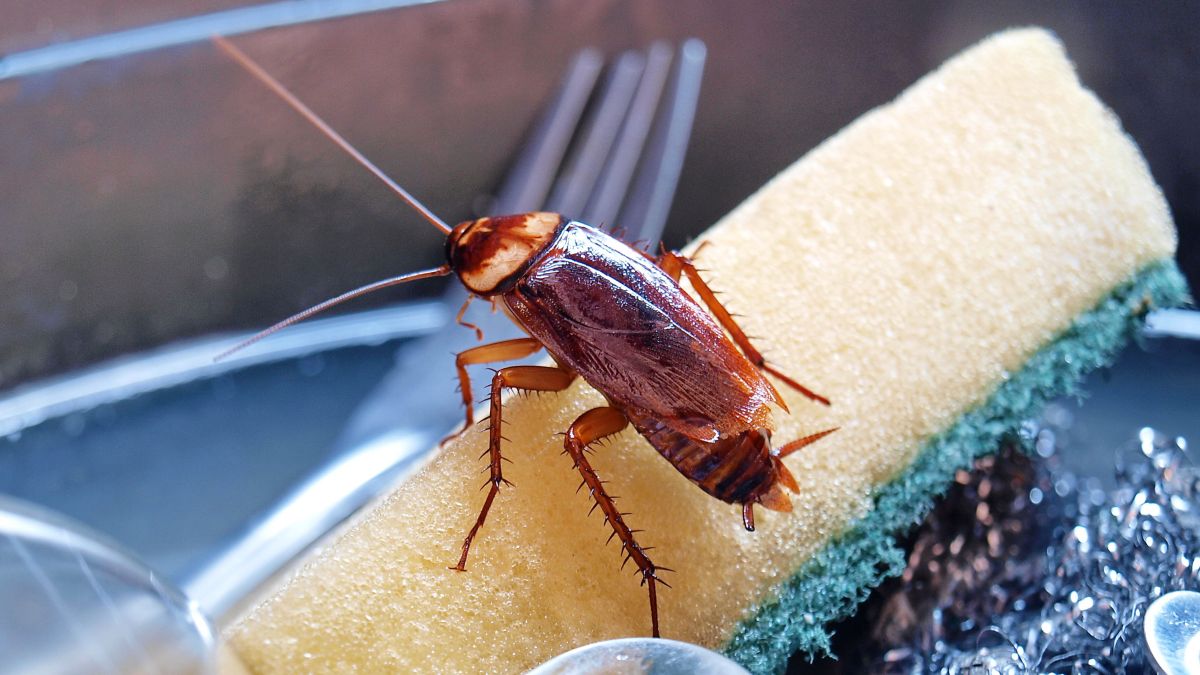
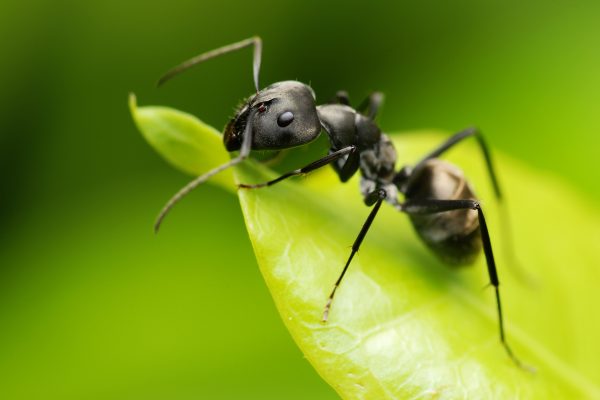

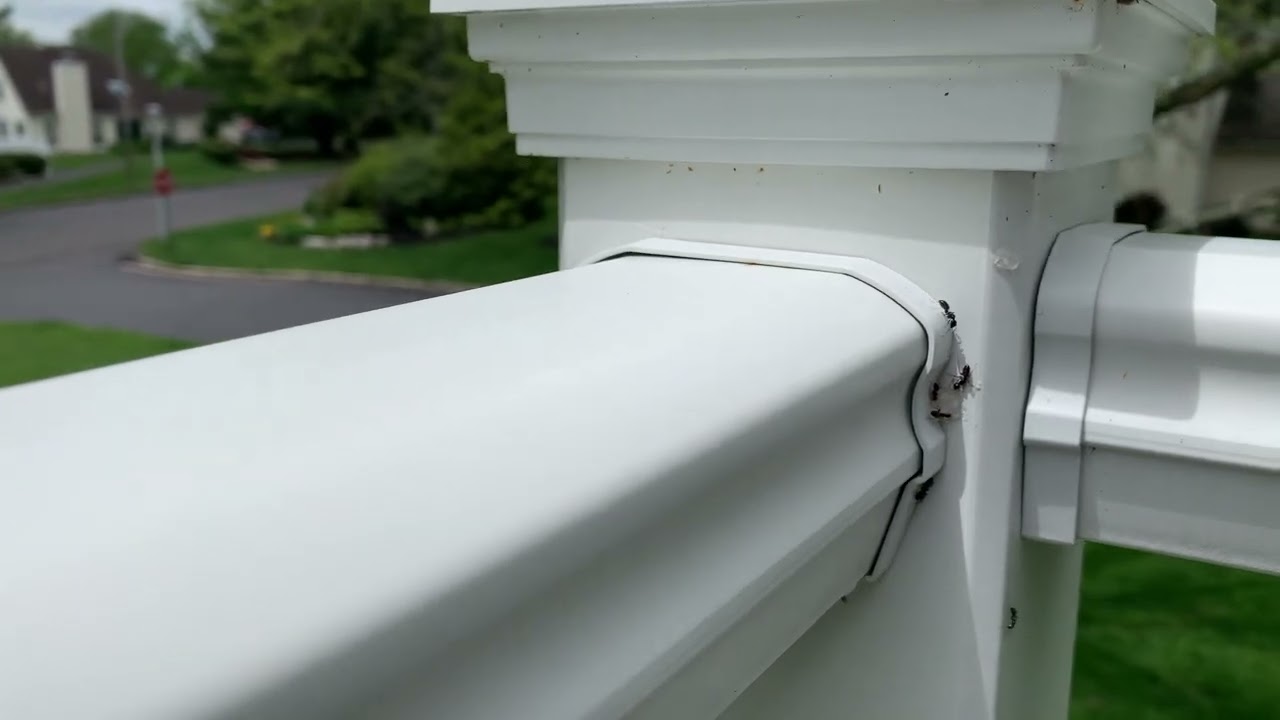
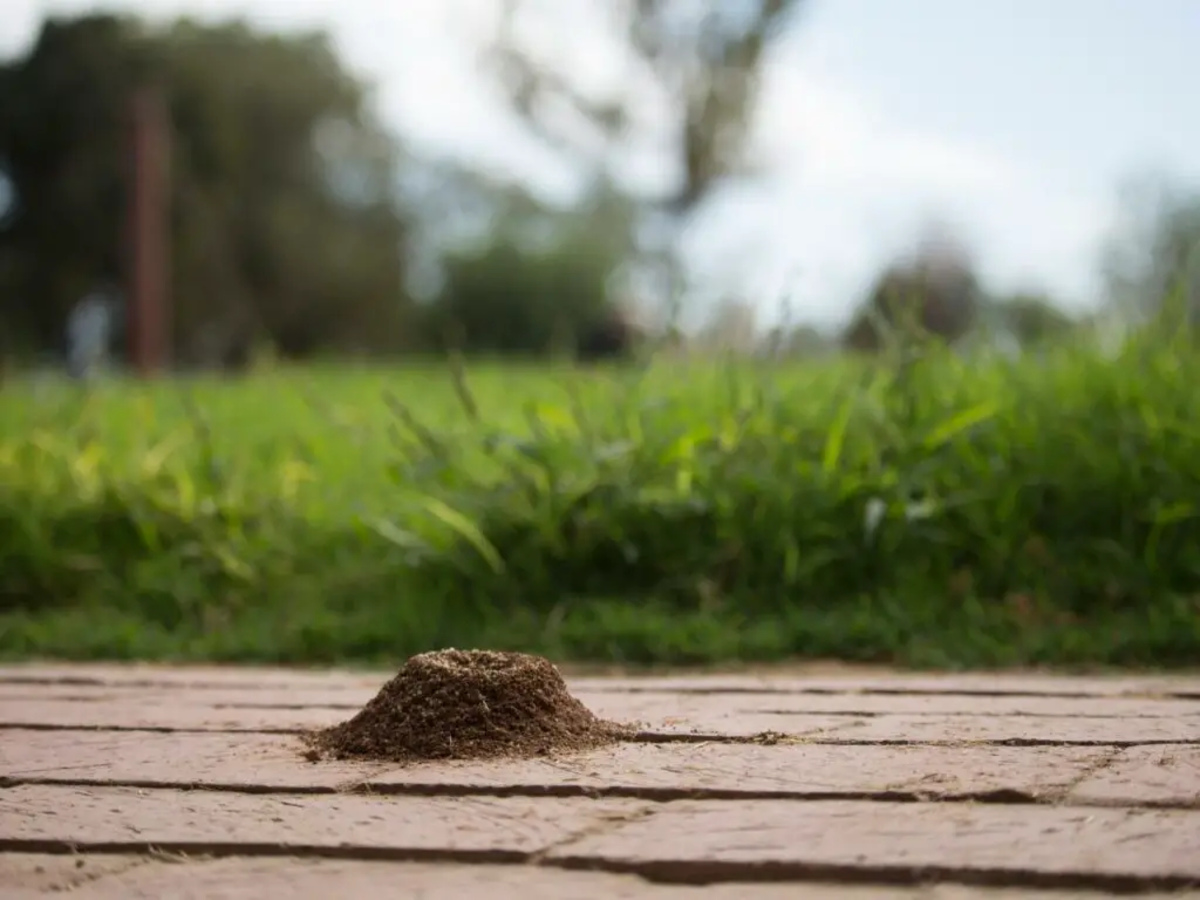
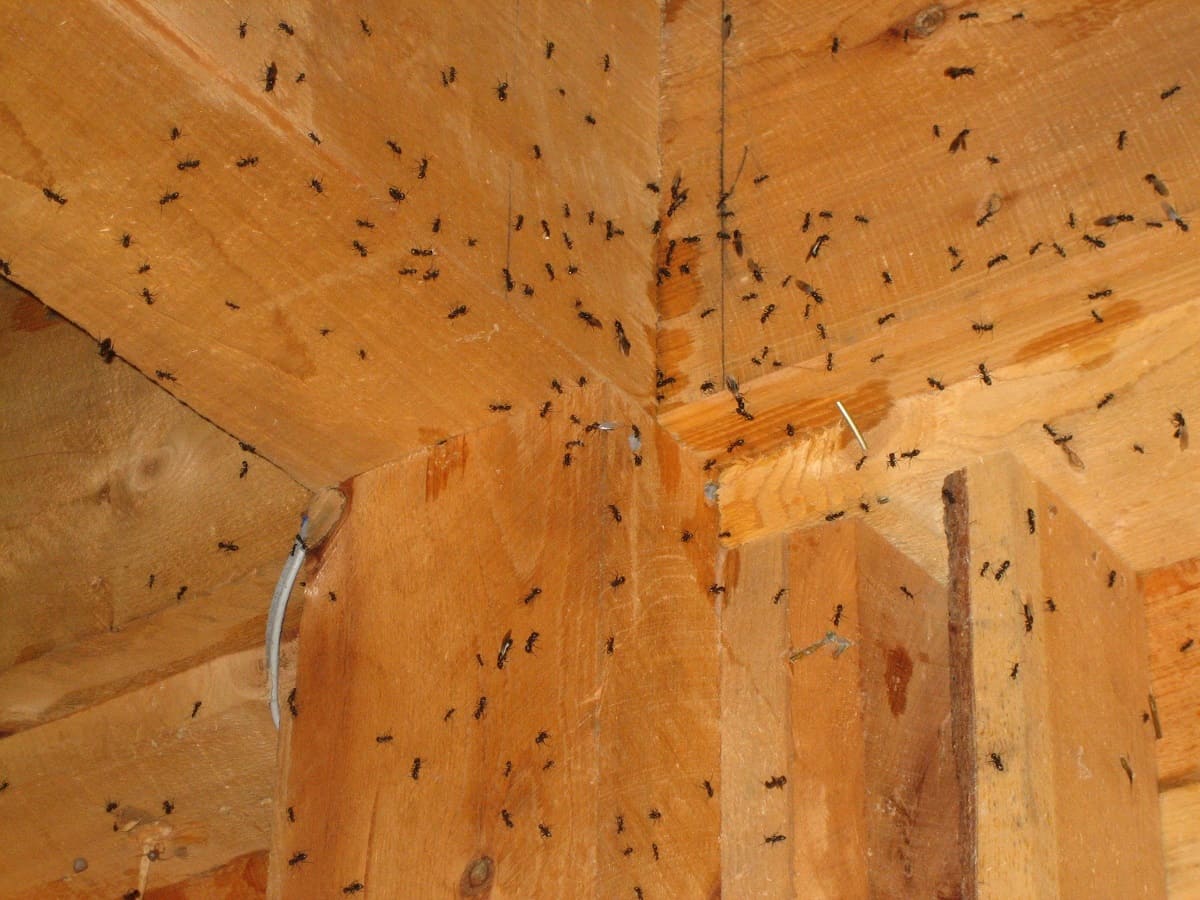
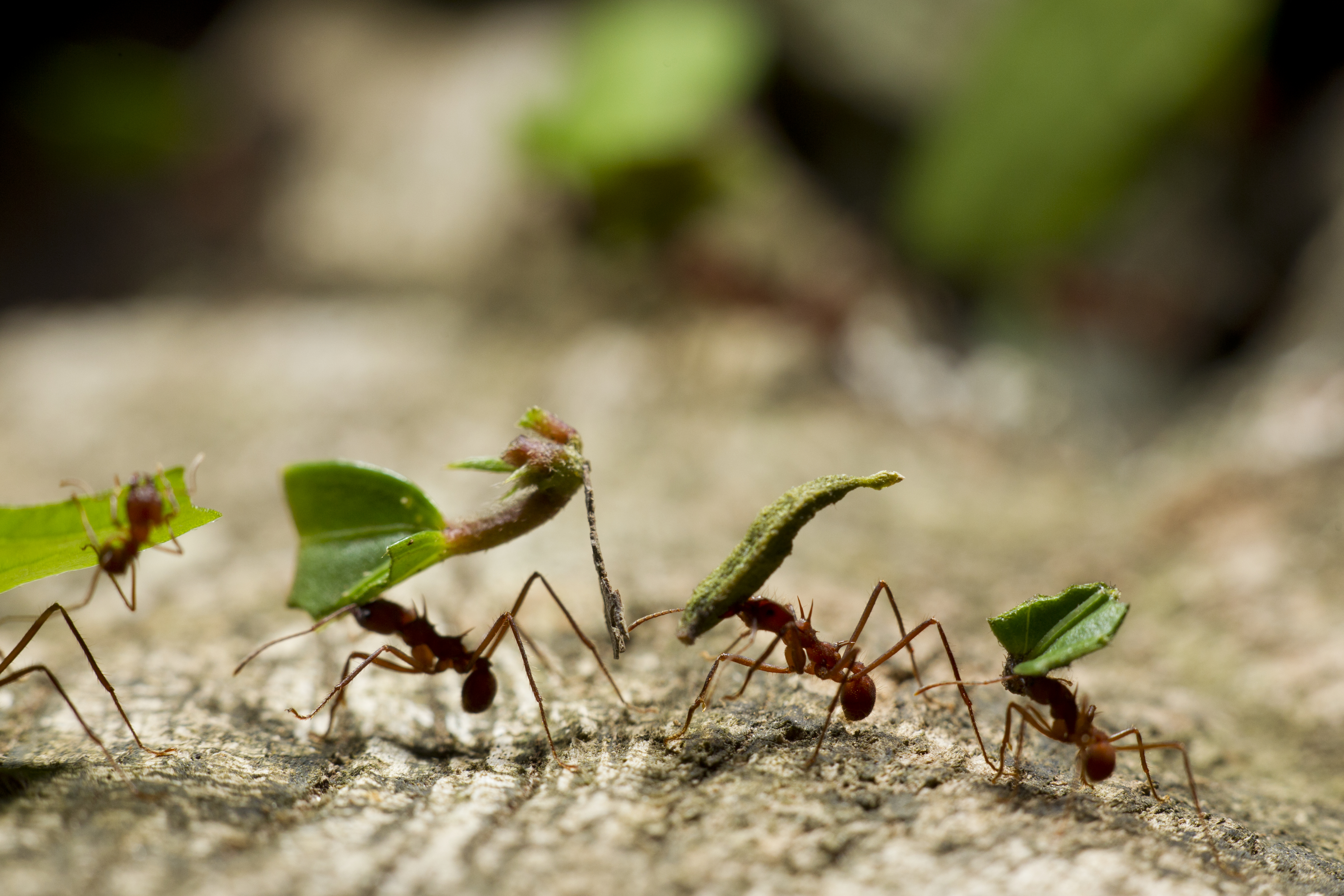
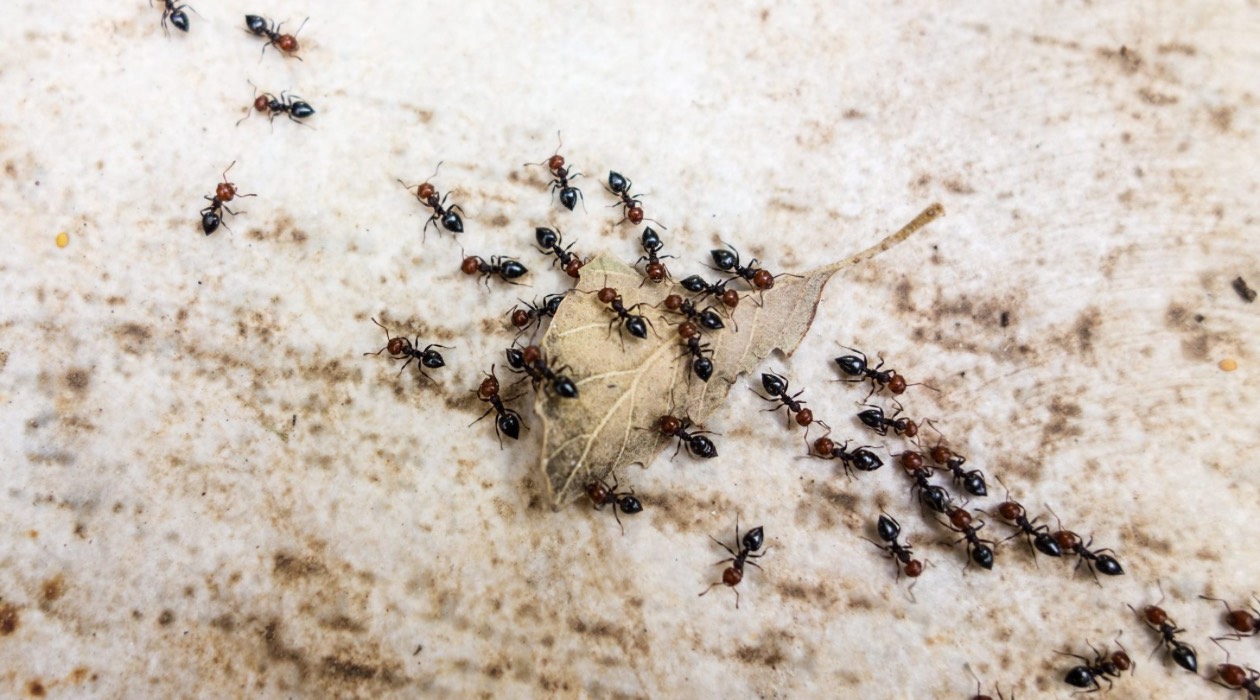
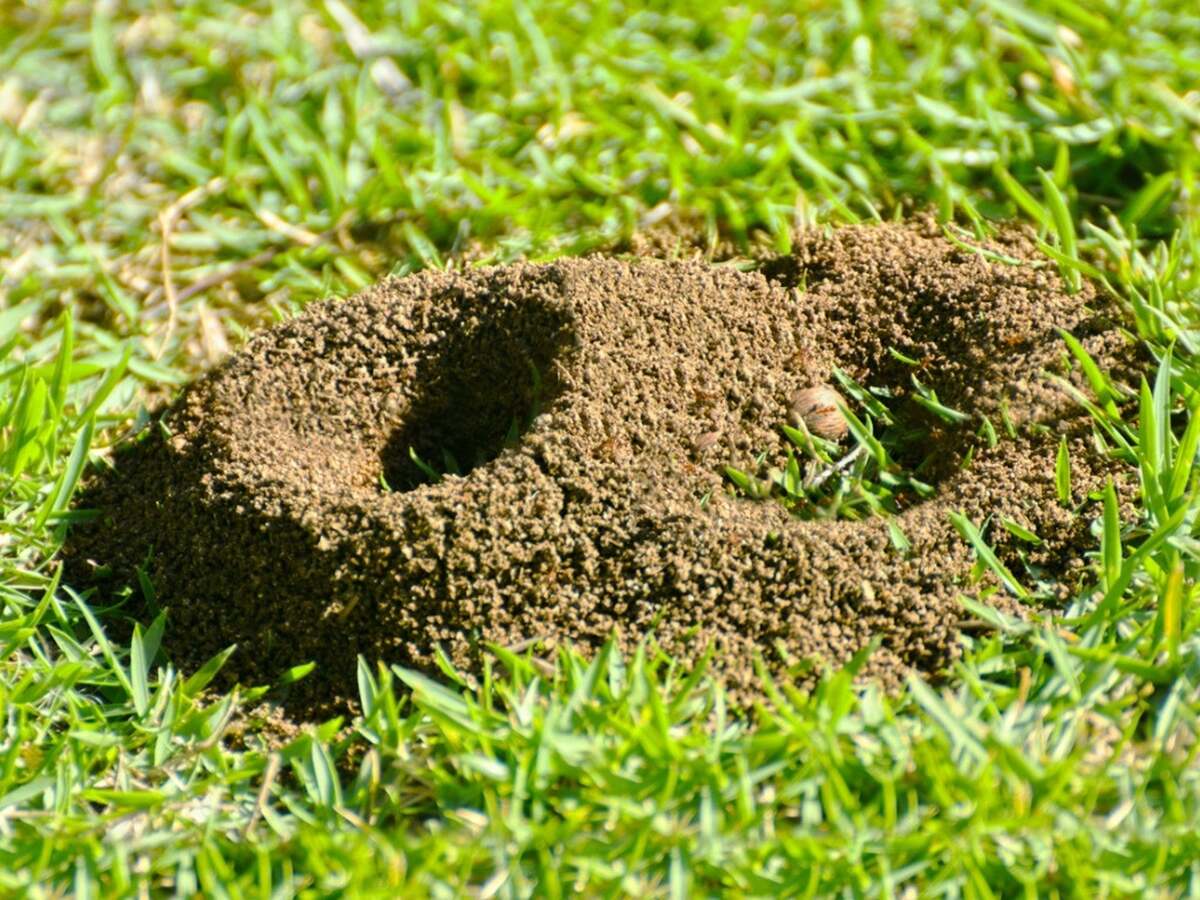
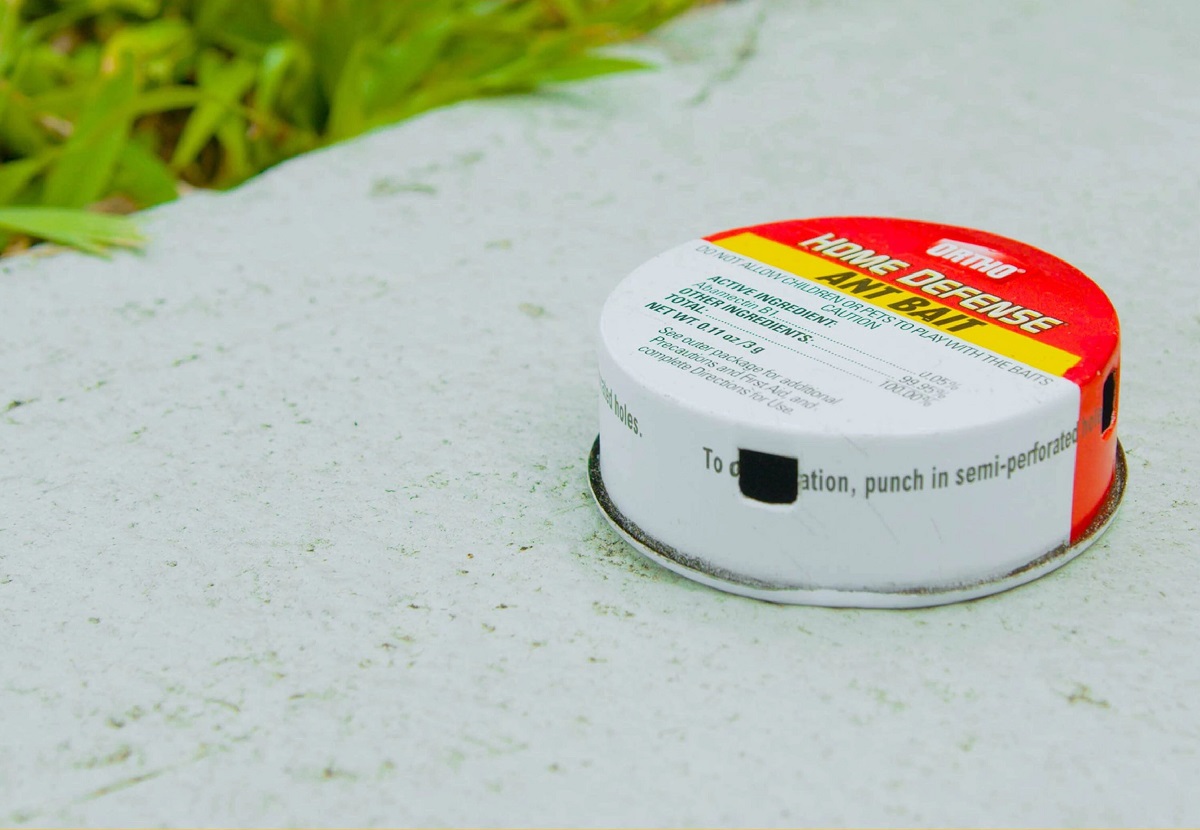
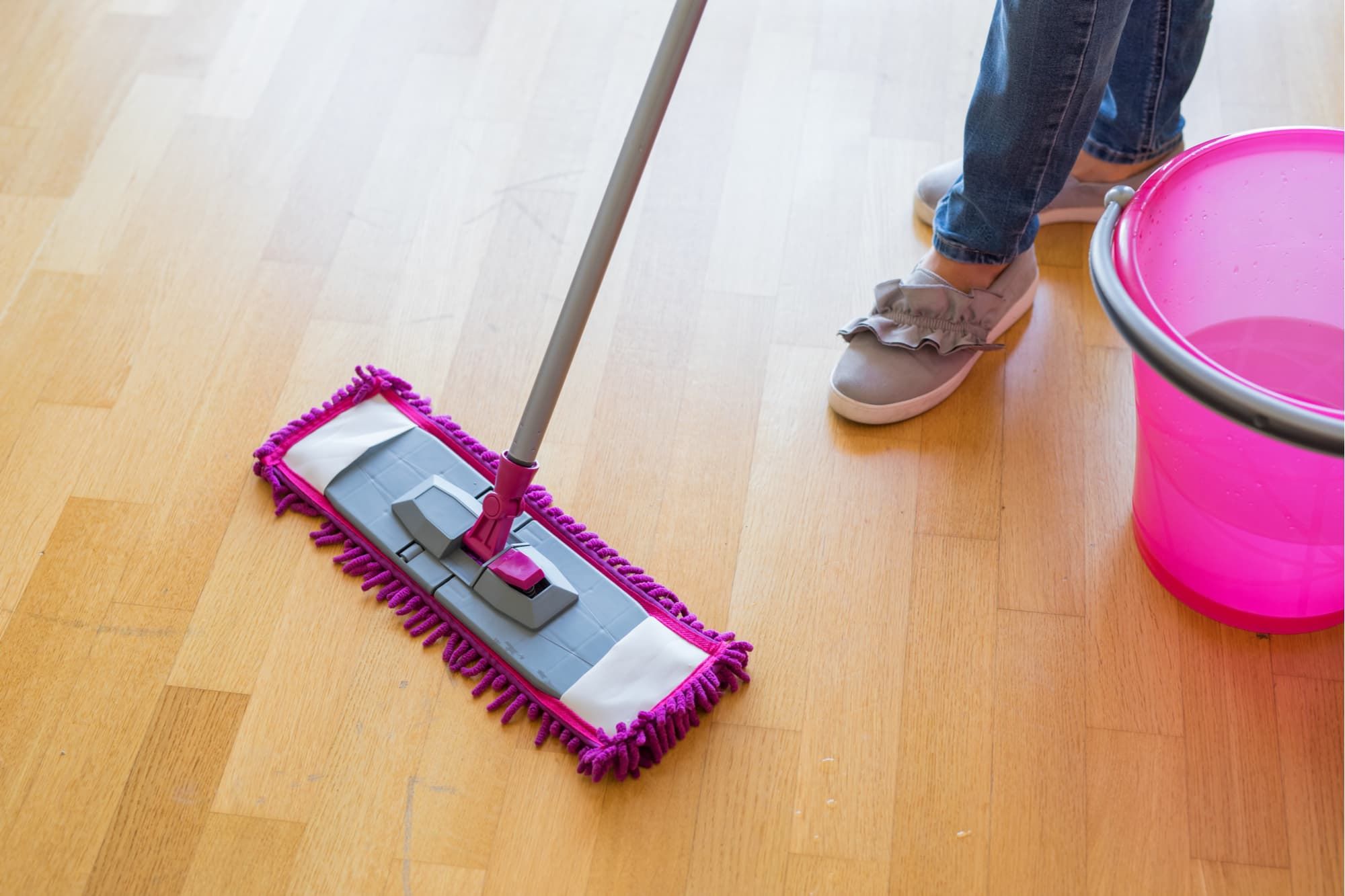
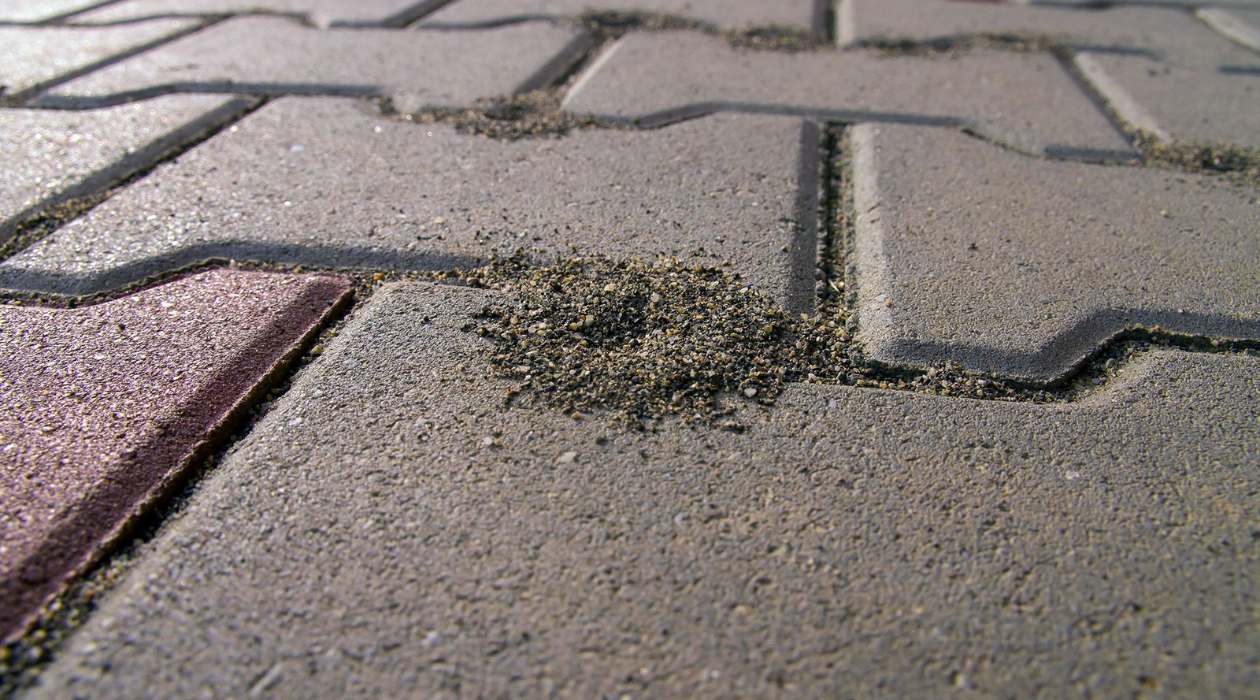
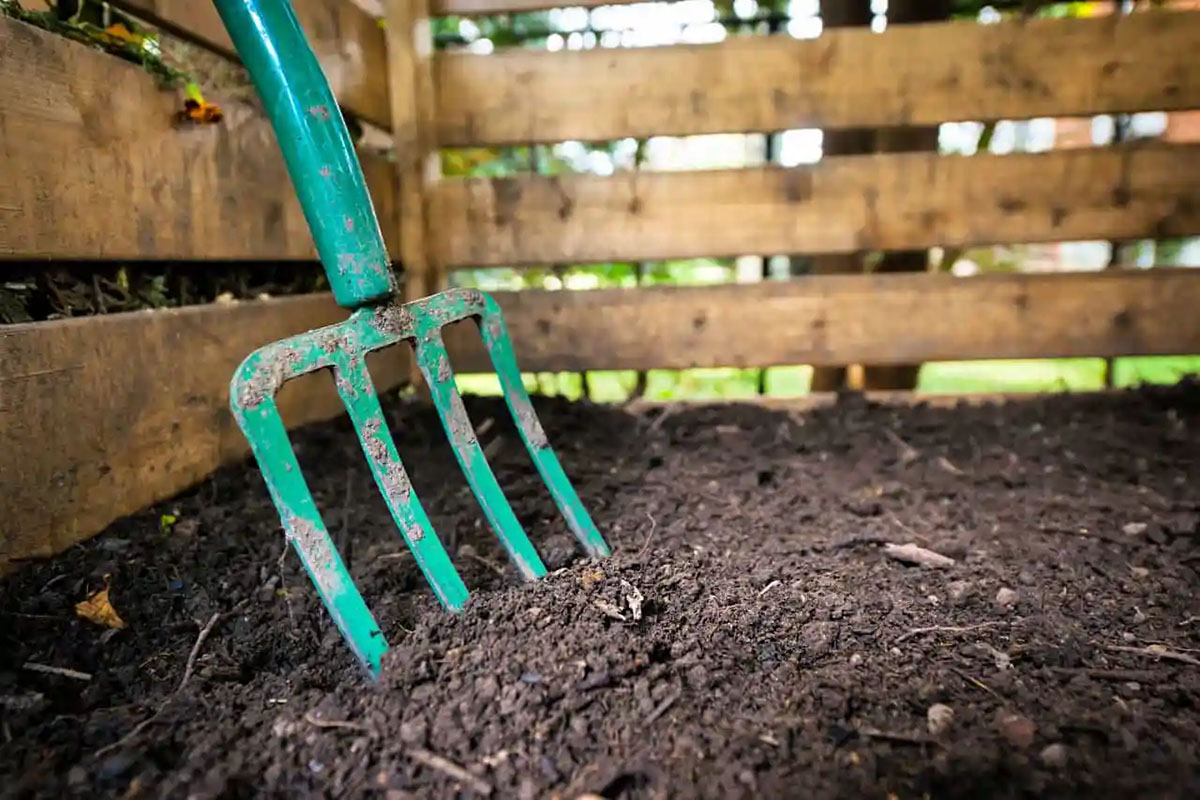
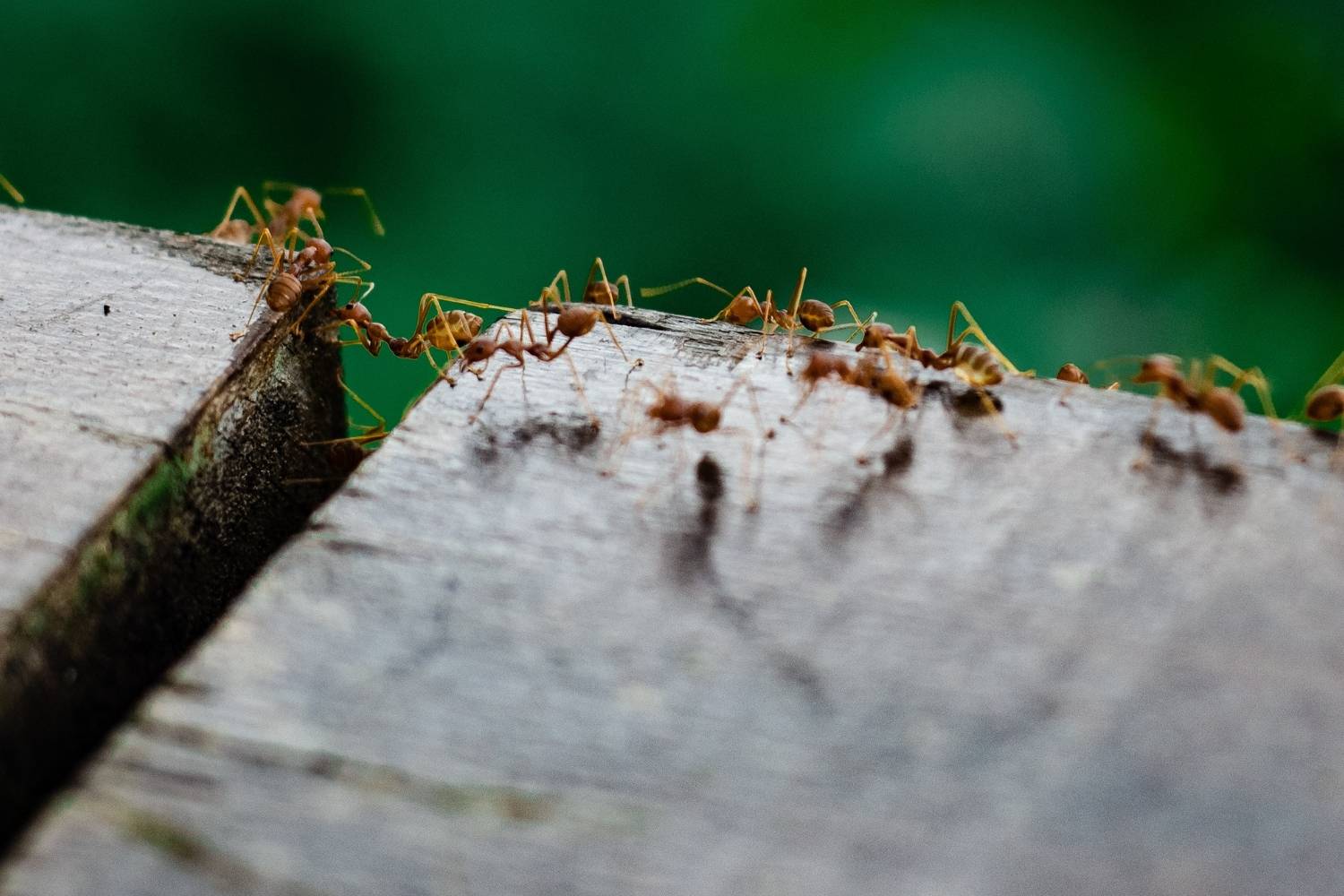

0 thoughts on “How To Get Rid Of Ants From Your Home Using Natural Remedies”